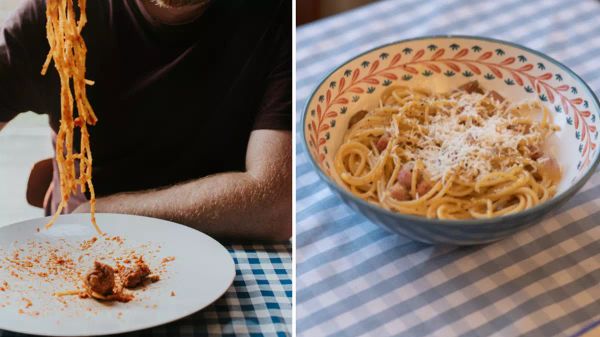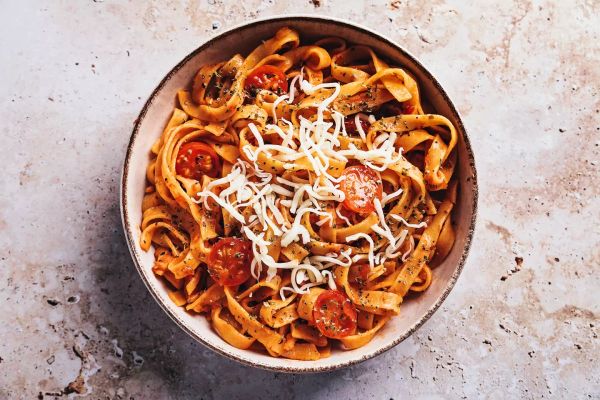A heartbreaking incident serves as a grim reminder of the importance of food safety. A student from Brussels, Belgium, tragically passed away after consuming reheated leftovers that had been left out at room temperature for five days. Little did he know that this seemingly innocent meal would lead to the shutdown of his organs and ultimately end his life.

The 20-year-old, whom we’ll refer to as AJ, heated up the five-day-old meal after a tiring day of studies. Ignorant of the dangers lurking within, he quickly devoured his reheated pasta and rushed out to play sports. Half an hour later, he returned home feeling unwell, with symptoms such as headaches, stomach pains, and nausea. Soon, vomiting and diarrhea followed, leaving him in agony.
Choosing to sleep off the pain, AJ went to bed around midnight. However, when his parents checked on him the next morning, their worst fears were confirmed – their beloved son had passed away overnight. Investigations later revealed that AJ died approximately ten hours after consuming the reheated pasta, as the bacteria present in the leftovers had caused his organs to shut down.

The autopsy report uncovered moderate centrilobular liver necrosis in AJ’s body, a condition likely triggered by the high concentrations of Bacillus cereus found in the pasta. The bacteria had thrived on the unrefrigerated meal, producing a toxin that ultimately led to AJ’s untimely demise.
Although AJ’s tragic incident occurred in 2008, it serves as a chilling reminder of the importance of proper food storage and reheating practices. It is crucial to handle and store cooked foods like pasta, rice, and potatoes correctly.

These foods should never be left at room temperature for an extended period, as they provide an ideal environment for harmful bacteria to grow. The spores of Bacillus cereus, which are present in uncooked foods, can withstand high heat and survive the cooking process. When left unrefrigerated, these spores multiply and produce toxins that can cause severe vomiting and diarrhea.
While cases like AJ’s are rare, it is vital to prioritize food safety to prevent any potential harm. It is our responsibility to handle and store leftovers correctly, ensuring they are promptly refrigerated to inhibit bacterial growth. By following these simple practices, we can protect ourselves and our loved ones from unnecessary risks.
Let AJ’s story serve as a solemn reminder and catalyst for change. Spread the word about safe food practices, enlightening others about the potential dangers that lurk within their own fridges. Together, we can prevent similar tragedies and ensure our meals remain a source of joy and nourishment.






